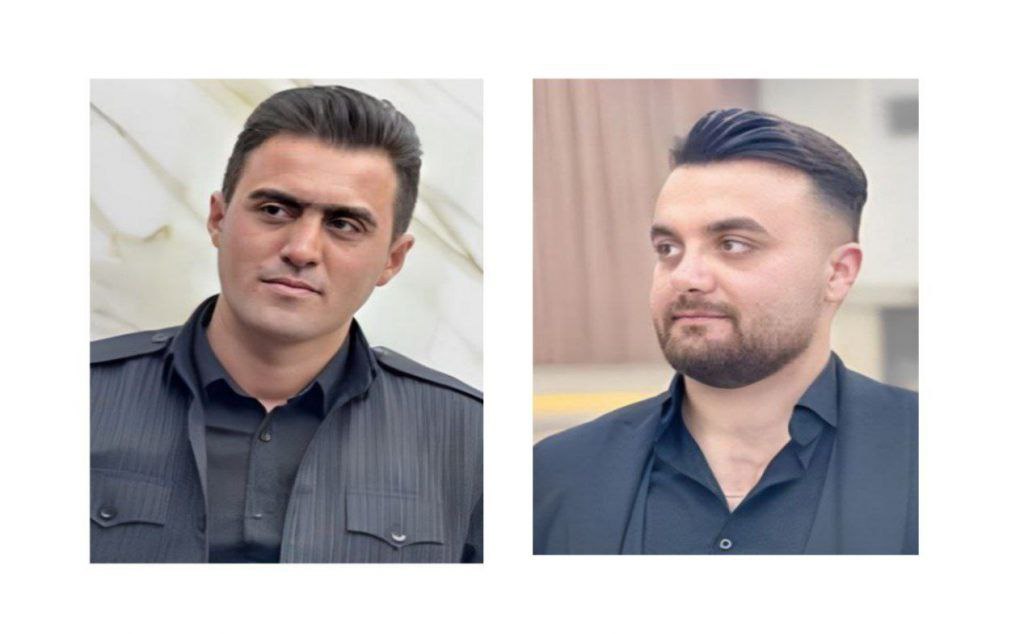
Not a day goes by without a new case of financial corruption emerging from the regime’s executive and judicial bodies. The news of financial corruption and grand theft in the regime’s administrative apparatus has become so frequent and daily that people have grown accustomed to it, often discussing these incidents with a sense of irony in their gatherings. Sometimes, the figures are so staggering and the scandals so blatant that even the regime’s media are compelled to report them. Recently, new dimensions of a $3.4 billion theft by the Debsh Tea Company have been revealed in the media. According to these reports, the trial of those involved in this extraordinary and massive theft is being conducted in complete secrecy in a closed court. Leaked information about this so-called trial indicates the involvement of high-ranking government officials. So far, the names of at least eight top government officials, including ministers, deputy ministers, and directors, have been mentioned. It is said that these individuals will be sacrificed to prevent implicating higher administrative and military ranks.
While blatant and hidden plundering by government officials continues and accelerates daily, several individuals, most of whom are products of poverty, are arrested for petty thefts. Under Islamic law and the fatwas of merciless executioners, their hands are amputated in the height of cruelty and inhumanity. In recent months alone, this criminal regime has taken dozens of individuals to the guillotine for petty thefts in prisons in Mashhad, Tehran, Yazd, Hamedan, Kermanshah, and other cities, and deliberately amputated their fingers in front of other prisoners. No human being with the slightest sense of humanity can tolerate the amputation of another’s limb. However, if this cruel law were applied to the regime’s thieves, which mullah, parliamentarian, minister, judge, governor, or military commander in this country would have a single finger left?
The extent of corruption in all its forms and in various ways has become so widespread in government departments and institutions that even the simplest everyday tasks cannot proceed outside these rotten relations. Administrative and financial corruption in this country not only encompasses the public economic and executive sectors but has also spread to all private and non-governmental enterprises. Corruption in private enterprises expanded when, following privatizations, state assets were handed over to Revolutionary Guard commanders, newly-rich mullahs’ offspring, and other cronies.
For anyone living in Iran, the pervasive financial, administrative, moral, and political corruption is so evident that it requires no statistics or figures to prove it; indeed, corruption has engulfed the entire regime. This phenomenon is not surprising at all. In reality, any organization or system will eventually resemble its leadership. When an apparatus is corrupt from the top, it shapes its subordinates and the entire system under its control in its own corrupt image. The Islamic regime’s administrative, financial, moral, and political corruption has started from the top and permeated downwards.
The scale of administrative and financial corruption in Iran has reached such a level that it places the country among the most corrupt nations in the world. According to the annual report of Transparency International, the Islamic Republic is one of the eight most corrupt regimes globally, comparable only to regimes in countries like Somalia, Sudan, Afghanistan, and Iraq.
The worker who hasn’t received his wages from six months or a year ago, the active and retired teacher still awaiting payment, the unemployed youth unable to find a job, the housewife bearing the heavy burden of household work far more than any worker, all those living below the poverty line, all those deprived of even the most basic public services under the pretext of budget deficits, crises, and economic sanctions, must confront this regime and its officials in their gatherings, protests, and strikes. They must demand to know how the public’s wealth has been squandered and embezzled. They must demand the return of the stolen assets and the fruits of their labor. They should declare that with a portion of the money stolen by the regime’s officials and Islamic guards, the wages withheld from us workers and the dues owed to teachers and retirees can be paid. They should announce that through their struggle and reliance on unity and solidarity, they will reclaim the stolen wealth sooner or later and bring each one of the corrupt officials to justice in open courts.

